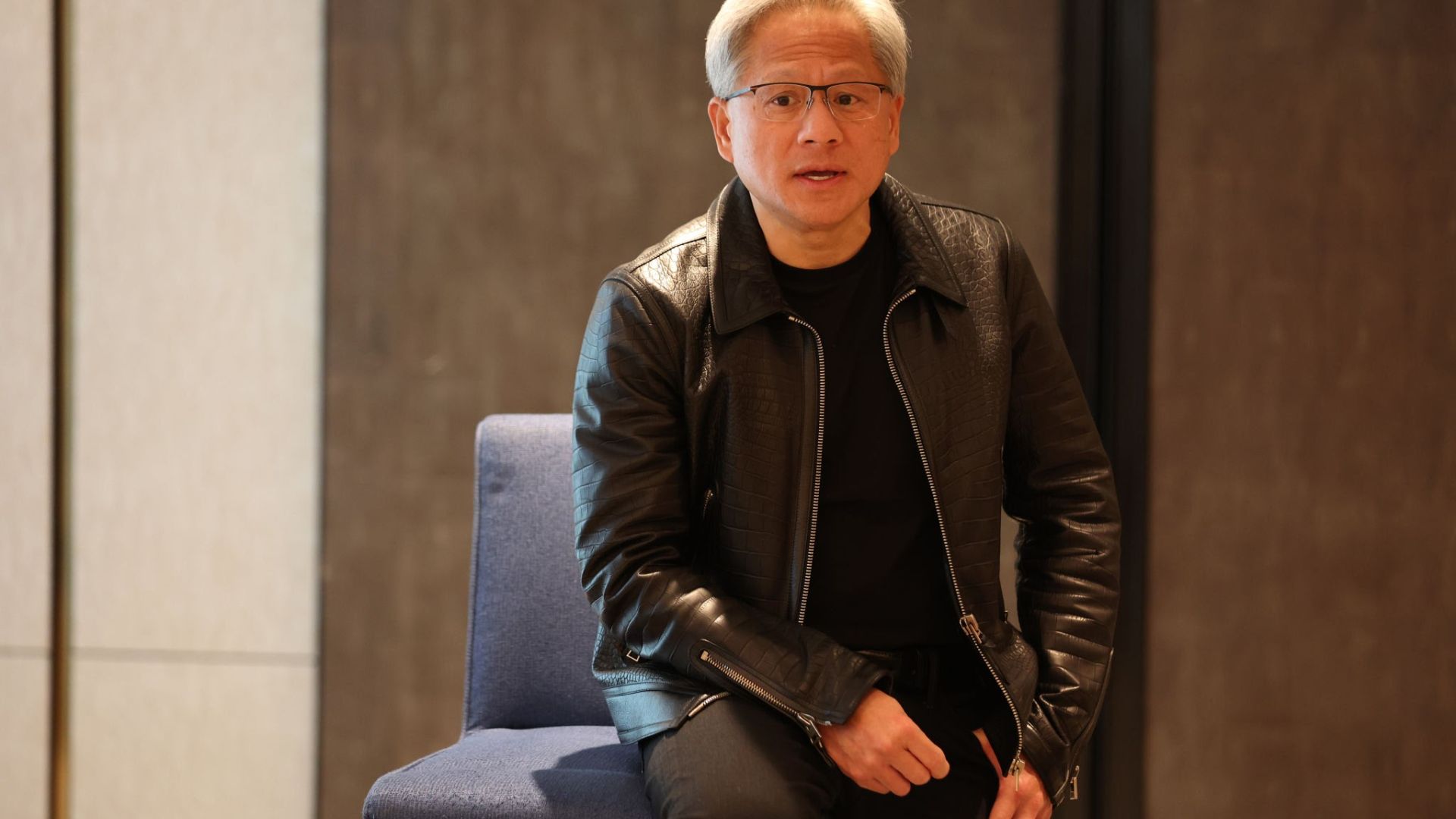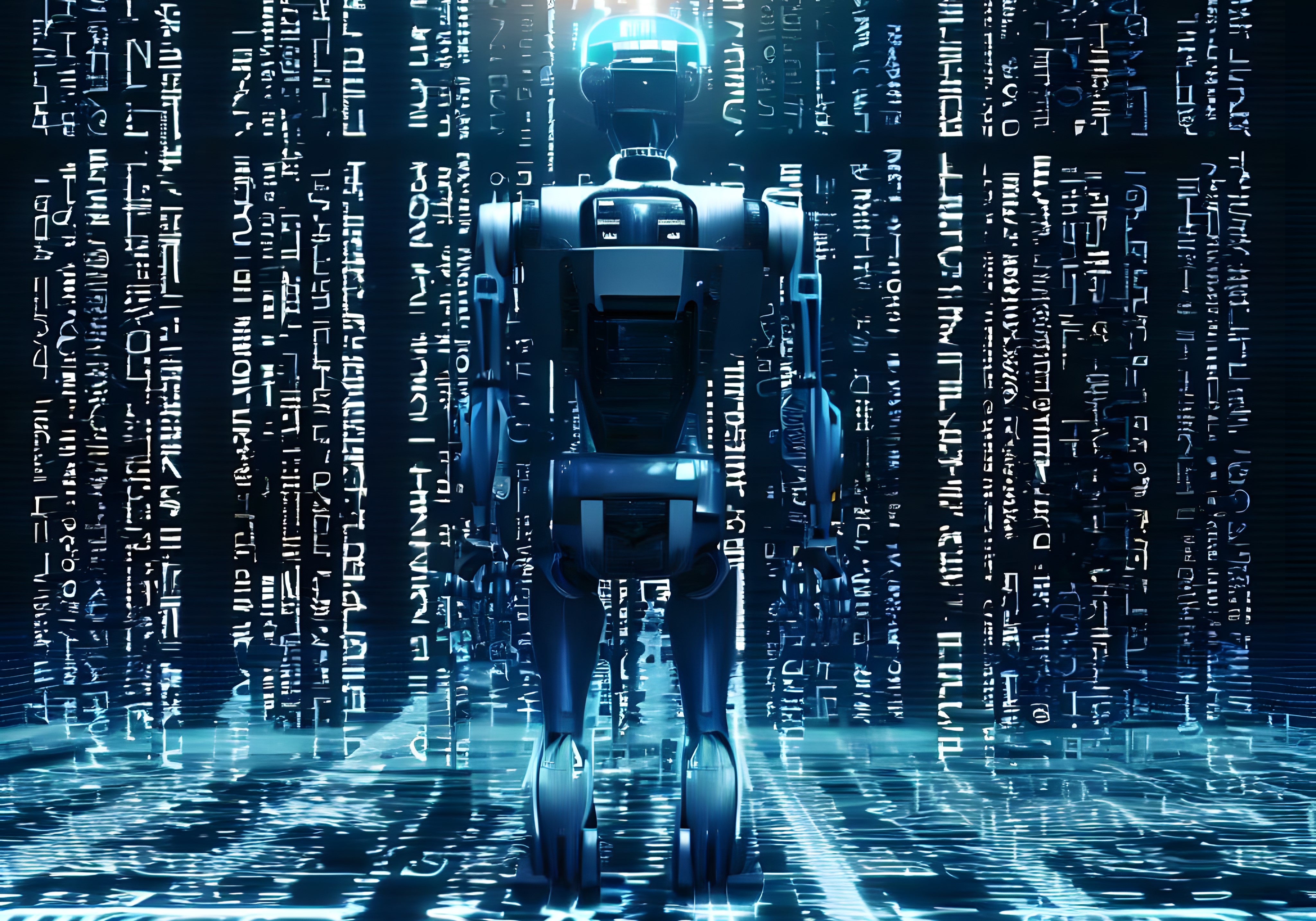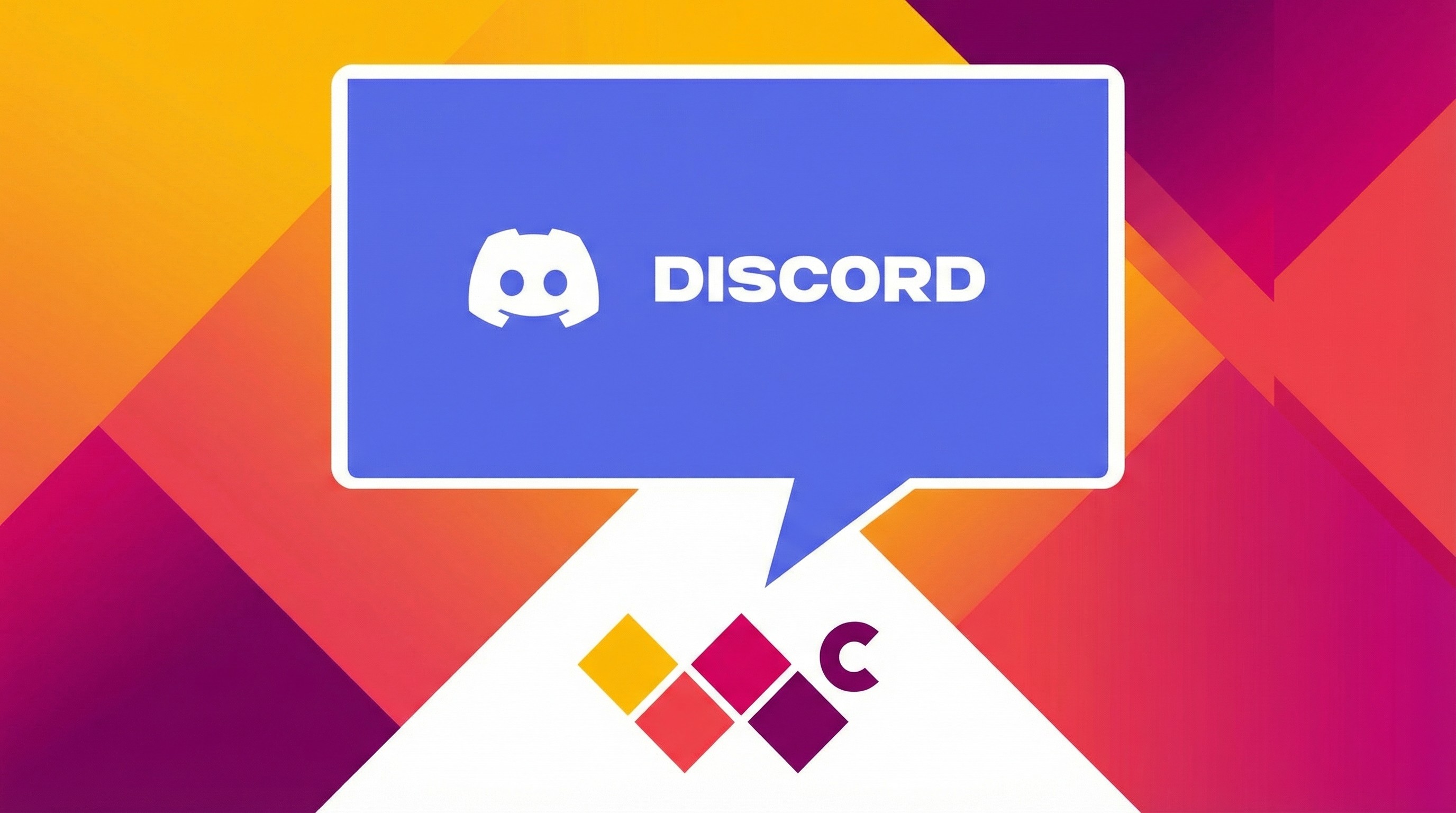NVIDIA CEO says coding is dead but reiterates the importance of human intervention in the biggest technology revolution with AI
NVIDIA's CEO says AI advances are best complemented with a human workforce.

All the latest news, reviews, and guides for Windows and Xbox diehards.
You are now subscribed
Your newsletter sign-up was successful
What you need to know
- NVIDIA CEO says a human workforce is vital to the AI puzzle and its advances.
- The CEO stated human intervention is crucial in the decision-making process.
- AI has previously displayed a lapse in judgment, which might not have occurred if a human had been involved.
NVIDIA is the world's most profitable semiconductor chip brand due to the high demand for GPUs for AI advances. Microsoft and OpenAI are among the company's A-list clients. NVIDIA's CEO recently hand-delivered the "world's fastest AI system" — the DGX H200 server with H200 Tensor Core GPU to OpenAI CEO Sam Altman and co-founder Greg Brockman.
NVIDIA CEO Jensen Huang has a front-row seat that allows him to watch the most significant technology revolution with AI as it unfolds. This could potentially allow him to make critical judgments about the technology's trajectory and its impact on the future. For instance, he recently indicated that coding might be dead in the water as a career option for the next generation with the prevalence of AI. He recommended biology, education, manufacturing, or farming as plausible alternatives.
Now, Huang has indicated that the human workforce is a major driving force in AI advances (via Cryptopolitan). He added that humans are an important piece in the AI puzzle, predominantly because of our 'superb' analytical and judgment capabilities. Recently, OpenAI was placed under scrutiny over ChatGPT's "hallucination episodes" and its inability to correct incorrect information generated by the chatbot.
While more people are becoming worried about AI advances, predominantly over security and privacy issues, some, including Bill Gates, fear losing their jobs to AI. But Huang is of a different opinion. According to him, increased productivity in a company often leads to recruiting more professionals, ultimately making it more profitable.
Humans remain invaluable amid the biggest technology revolution with AI

AI can handle mundane and redundant tasks quite easily. Frankly, we're gravitating to a world where chatbots can develop software and future newsrooms infused with AI capabilities and advances. While this is impressive, a common concern among most users is the loss of their jobs to the technology.
Upskilling and switching career paths are among the top recommendations from well-versed analysts in the AI landscape. As we speak, sophisticated software like Microsoft's Image Creator from Designer and ChatGPT are great at generating structural designs within seconds.
This ability has raised concern among professionals in the built environment industry, as their jobs are potentially at stake and could be rendered obsolete soon. However, these sophisticated tools also fall short at simple tasks like creating a plain white image.
All the latest news, reviews, and guides for Windows and Xbox diehards.
Huang maintains that AI is best complemented by a human workforce. Despite the technology's advanced capabilities, human intervention is crucial for the decision-making process.

Kevin Okemwa is a seasoned tech journalist based in Nairobi, Kenya with lots of experience covering the latest trends and developments in the industry at Windows Central. With a passion for innovation and a keen eye for detail, he has written for leading publications such as OnMSFT, MakeUseOf, and Windows Report, providing insightful analysis and breaking news on everything revolving around the Microsoft ecosystem. While AFK and not busy following the ever-emerging trends in tech, you can find him exploring the world or listening to music.
